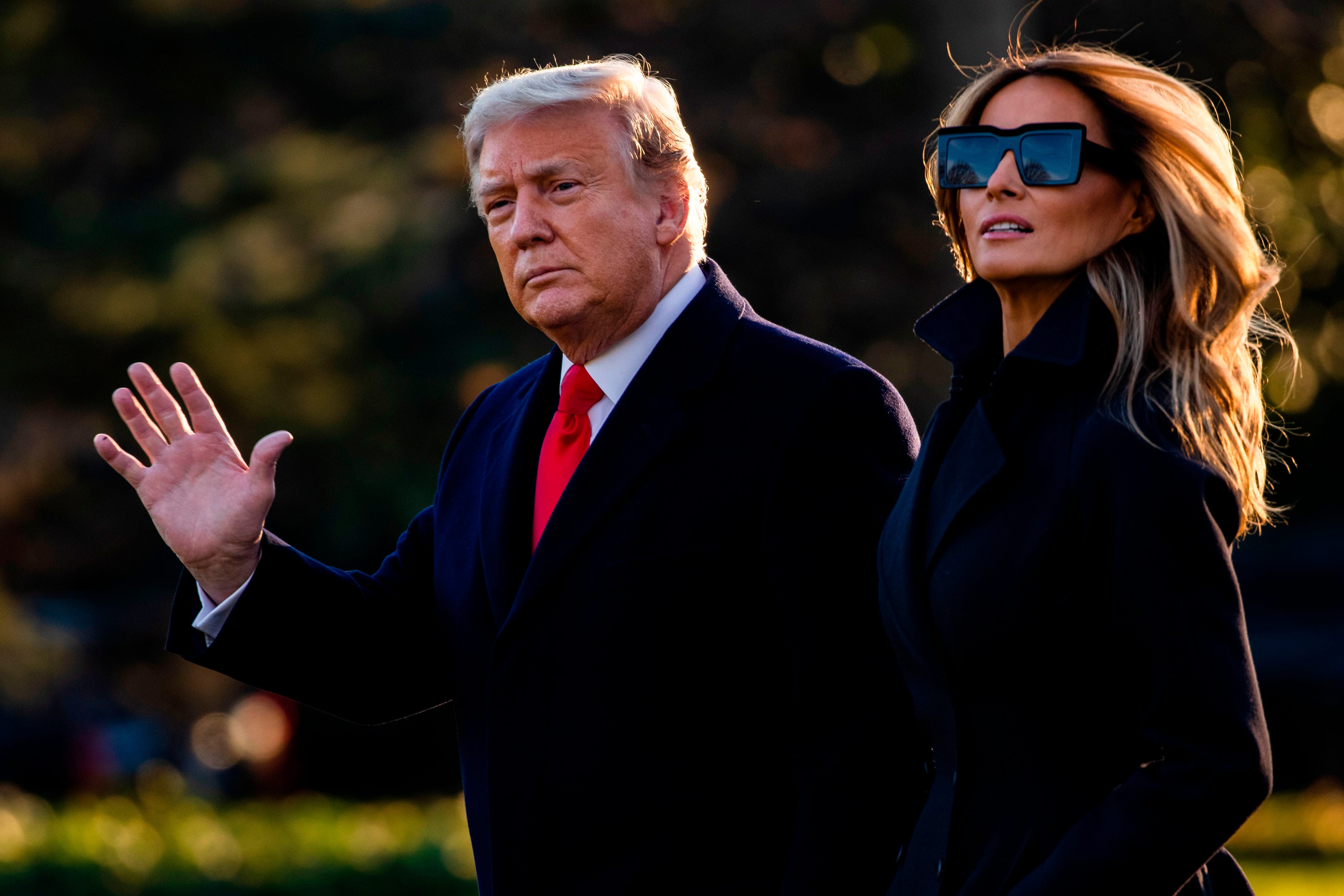House overrides Trump's National Defense Authorization Act veto — the first of his presidency
Rebecca Morin , Christal Hayes | USA TODAY

The House of Representatives voted Monday evening to override President Donald Trump’s veto of the National Defense Authorization Act — the first override of Trump’s tenure as president and a final rebuke of the president just weeks before he leaves office.
The House voted 322 - 87, a remarkable bipartisan condemnation of the president in divided Washington as the override needed the support of two-thirds of the chamber. The measure will now head to the Senate, where the chamber could take up the override this week.
It becomes law if the Senate votes to override Trump. The bill dies, pending negotiations, if the Senate does not override.
The NDAA, a $741 billion national security package, will raise troops' pay, direct the purchase of weapons and set military policies. It passed both the House and Senate with overwhelming support by both parties.
Trump took issue largely with two components of the legislation. The bill addresses stripping names, symbols, displays, monuments and other paraphernalia that honors the Confederacy. It would establish a commission to study and develop a plan, its cost and the criteria for renaming bases such as the Army's Forts Benning, Bragg, Hood and others. Trump has previously said that he is against changing the names of bases named for Confederate military leaders.
Trump also criticized the legislation for not including language that would strip social media companies from the protections they enjoy under Section 230 of the Communications Decency Act. The measure, adopted in 1996, prevents companies such as Twitter and Facebook from being sued by anyone claiming to be harmed by a post.
The president, who claims social media companies are biased against conservatives, has said Section 230 is a threat to national security.
"I am returning, without my approval, H.R. 6395. ... My Administration recognizes the importance of the Act to our national security. Unfortunately, the Act fails to include critical national security measures, includes provisions that fail to respect our veterans and our military's history, and contradicts efforts by my Administration to put America first in our national security and foreign policy actions. It is a 'gift' to China and Russia," the president wrote last week when vetoing the legislation.
Some Republicans like House Minority Leader Kevin McCarthy, R-Calif., and House Minority Whip Steve Scalise, R-La., have previously indicated they will vote against the override. McCarthy noted in a statement after Trump’s veto, that he would support the president’s decision. Scalise had previously voted against the legislation.
However, McCarthy was not present at the U.S. Capitol Monday to weigh in on the measure due to pre-planned elbow surgery, an aide for the Republican leader told USA TODAY. Typically, Congress is on recess at the end of December but the multiple crises with COVID-19 and government spending forced both chambers to stay in session for several votes.
Despite leadership siding with the president, other Republicans have said they support an override.
Ahead of the vote to override, Rep. Mac Thornberry, R-Texas, the top Republican on the House Armed Services Committee, advocated on the House floor for overriding Trump's veto.
"The president has exercised his constitutional prerogative. Now, Madam Speaker, it's up to us," Thornberry said. "Our troops, the country, indeed, the world is watching to see what we will do, whether we can tune out other differences and still come together to support the men and women of the military and American national security.
"I would only ask that as members vote, they put the best interests of the country first. There is no other consideration that should matter. This vote is about supporting our troops and defending America."
In a statement after Trump’s veto, Rep. Liz Cheney, R-Wyo., the No. 3 Republican in the House, said in a statement that “Congress must uphold its highest responsibility — providing for the defense of this nation — and ensure this bill becomes law.”
The vote thrust Republicans into an uncomfortable position, forcing them to choose between rebuking the president or denying funds for the military and soldiers as Trump's request on social media companies is an issue that has divided Congress and would take extensive debates to settle.
Contributing: Matthew Brown, Tom Vanden Brook and Nicholas Wu
Via PakapNews